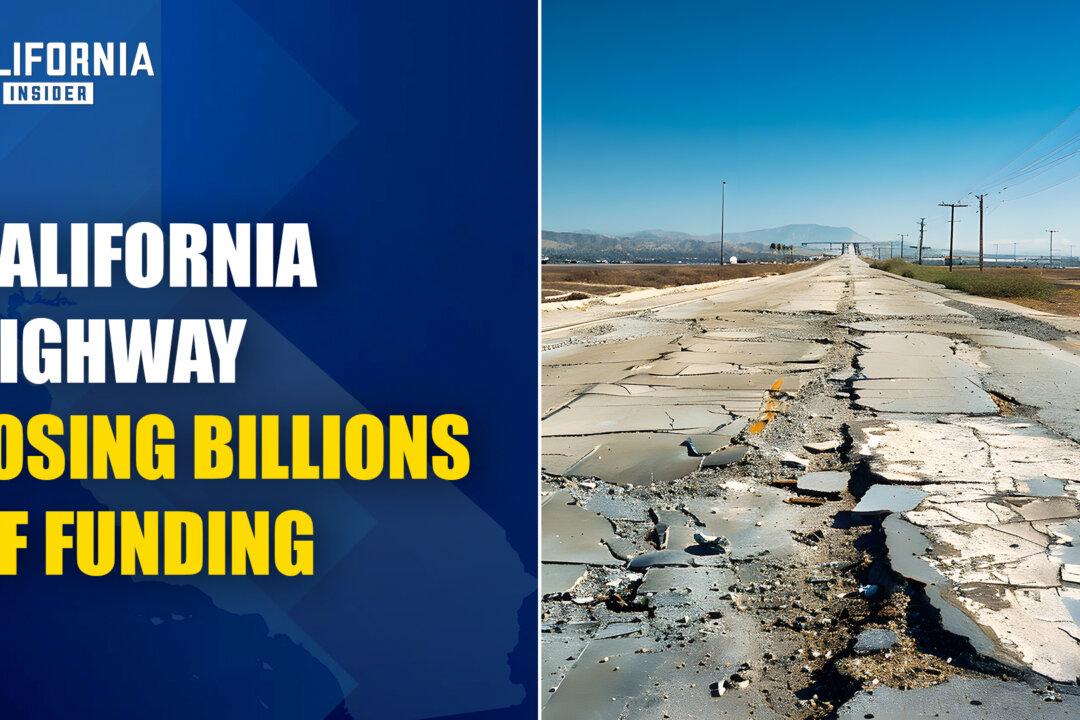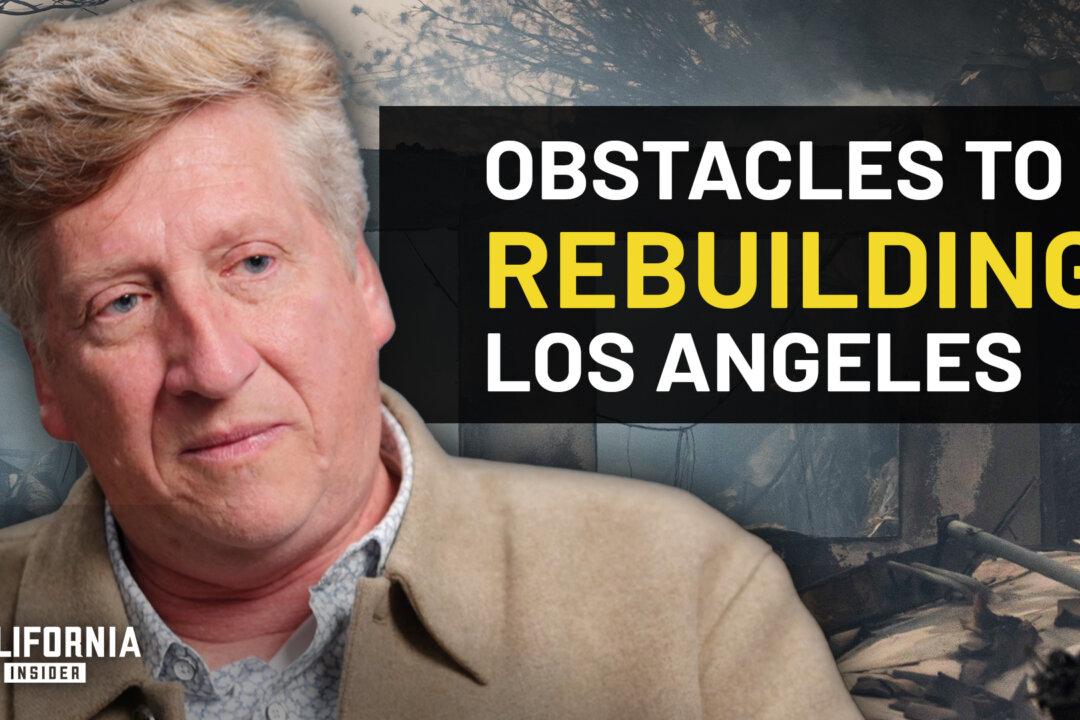In a recent interview, Gabriel Petek of the California Legislative Analyst’s Office discussed the transportation funding challenges California will face as the state transitions to zero-emission vehicles. Petek noted that approximately 40% of the state’s greenhouse gas emissions come from the transportation sector. To help meet its climate goals, California will phase out new combustion engine vehicle sales by 2035.
California Highway Losing Billions of Funding Due To Green Policies; Road Repairs Jeopardized | Gabriel Petek

|Updated:




